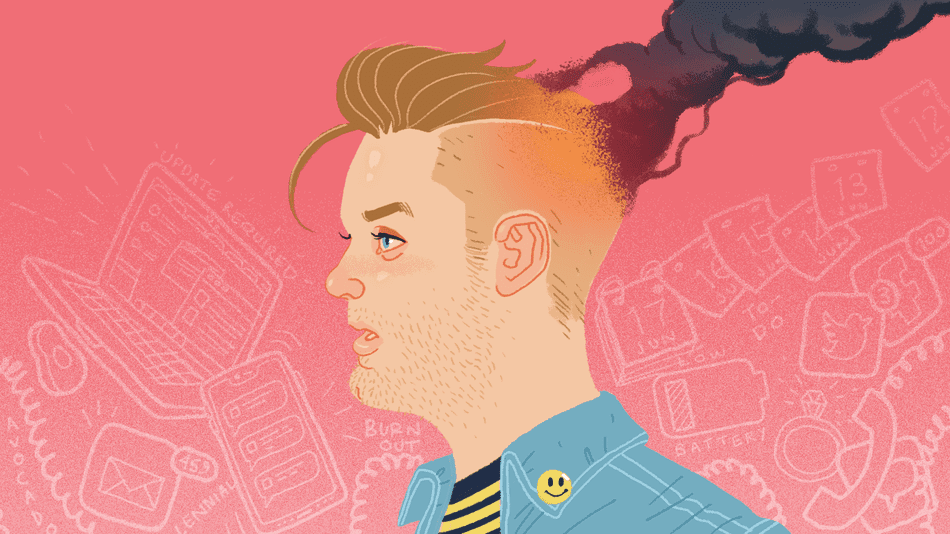When burnout comes for you, it’s not subtle. It casts an inexplicable darkness on the most mundane things: driving in traffic, showing up to work on time, filing an expense report. It feels like a weight tied to your waist, stealing any spark of energy you will into existence.
You might confuse it for depression — and it very well could be — but, by reflecting on how and when it arrived, you suspect the culprit is the unraveling of your work life. At some point, you were pushed beyond a limit — or even more than one: a new boss who gave you more to do with less resources, another year passed without a raise, a manager accused of wrongdoing who faced no consequences. Now you feel exhausted, without a clue how to revive yourself.
The good news is that it’s not the version of self-care you’ve come to loathe, in which treating yourself well is more about consumption and branding than it is about recovery and healing. Instead, this type of self-care is about learning and practicing skills like stress management, relaxation, and anxiety reduction. These are acts that take effort. After all, you’re forming new habits, work that can feel daunting and comes with the risk of failure.
You may also be pleased to learn that researchers who study burnout believe employers play an essential role; they’re aware that only so much will change when a company and its managers remain in denial about how their policies and behavior can physically and emotionally exhaust their employees.
So until the day when we’ve transformed capitalism — and the culture of optimization and overwork that it breeds — into a more humane force, let this be your guide to navigating recovery from burnout.


